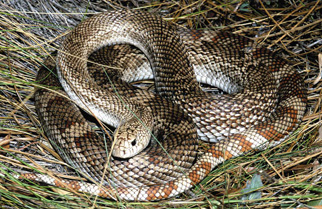GBov
Well-known member
This time I was careful to measure and not use as I went along.
One five-gallon bucket of fresh duckweed has turned into two-thirds of the same bucket dry.
Not yet weighed it and I think, to help it ferment in my grain mix, I am going to give it a blast in the blender to turn it into a meal.
Raising my own will make cleaning the dried weed easier, even being careful in the swamp collecting it, it was full of leaves that had to be picked out.
One five-gallon bucket of fresh duckweed has turned into two-thirds of the same bucket dry.
Not yet weighed it and I think, to help it ferment in my grain mix, I am going to give it a blast in the blender to turn it into a meal.
Raising my own will make cleaning the dried weed easier, even being careful in the swamp collecting it, it was full of leaves that had to be picked out.



















































